PPT EDITABLE
Creado originalmente para:
· Estudiantes de 7° año de enseñanza básica, unidad 2 del semestre 1: "Healthy Habits".
· Creado para interactuar a través de la plataforma zoom, pero es adaptable.
Objetivo: Demostrar el conocimiento de los sustantivos contables e incontables, asociados al uso de "There is" y "There are", utilizando adjetivos numerales y artículos indefinidos (a/an).
· Actividad de Inicio
· Objetivo de las actividades
· Flashcards con Vocabulario:
- Countable/Uncountable Nouns (Food): Sandwich, Apple, Egg, Cookie, Rice, Sugar, Water, Bread, Cup, Glass, Liter, Slice,
- Containers:
· Explicación y ejemplos sobre Countable/Uncountable Nouns
· Explicación y ejemplos sobre uso de "a/an"
· Explicación y ejemplos uso de 'There is/there are"
· Ejercicios y actividades de práctica:
- Traducir oraciones
- Clasificar Contables/Incontables a través de emojis/reacciones (actividad pensada para plataforma zoom pero es adaptable)
- Encontrar el sustantivo contable
- Encontrar el error en la oración
· Pregunta de reflexión del aprendizaje
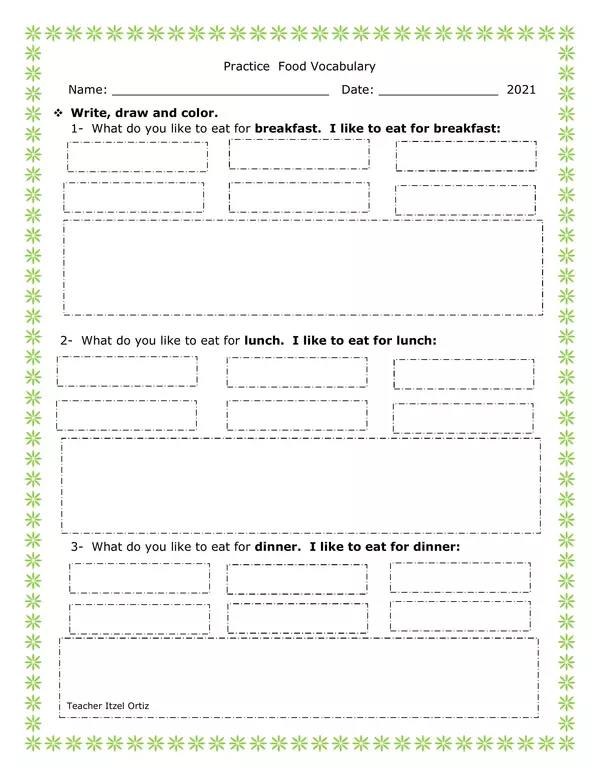




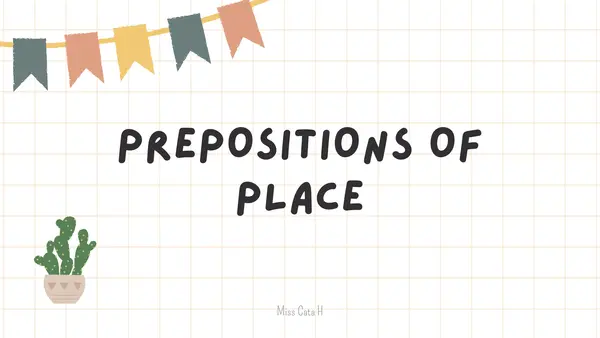
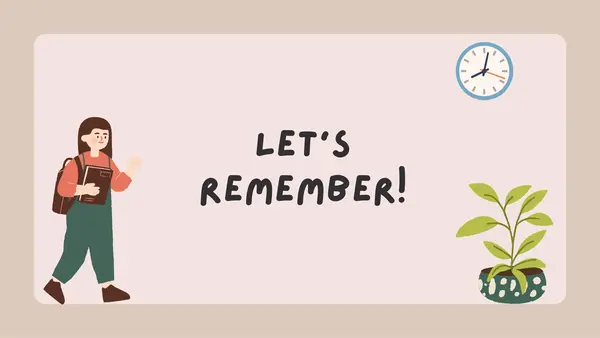
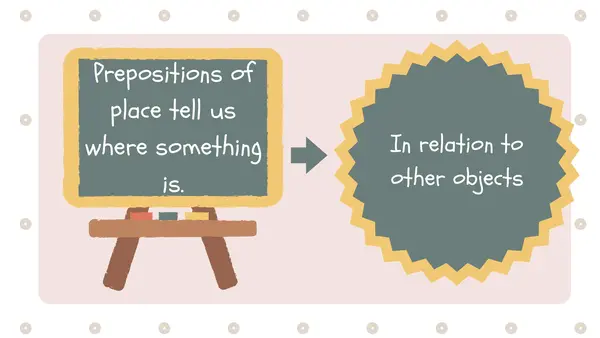
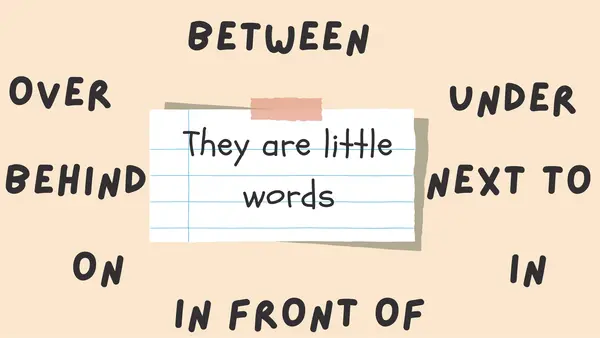
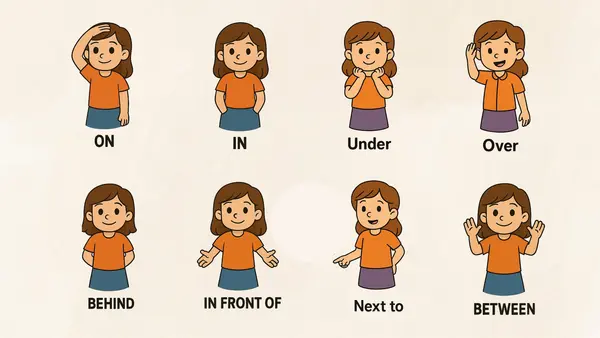
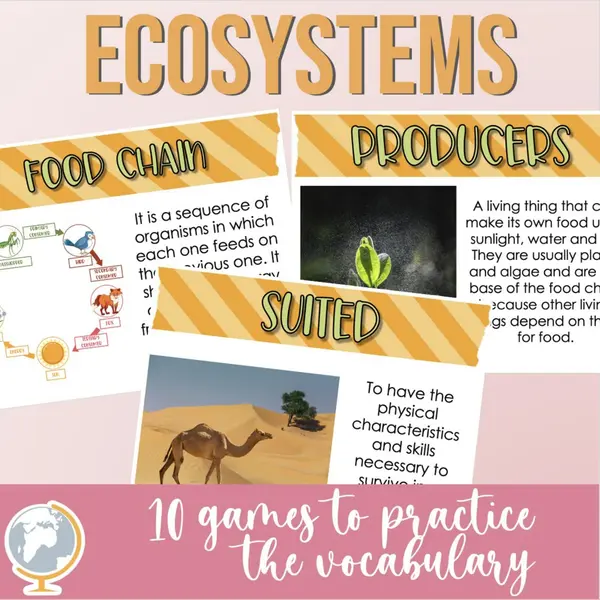
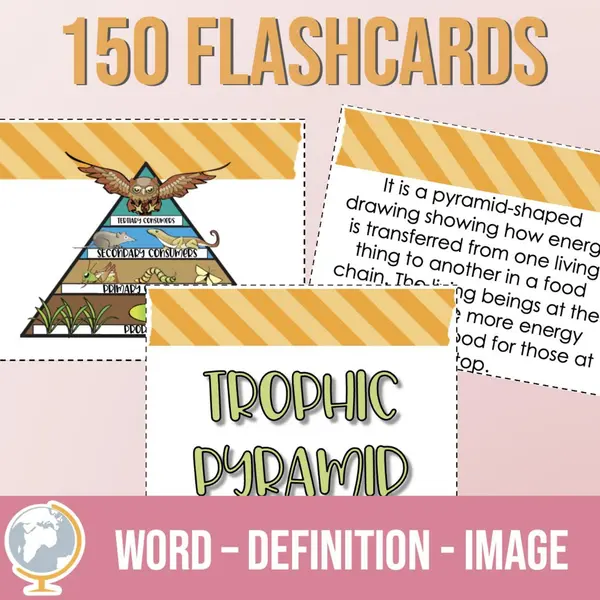
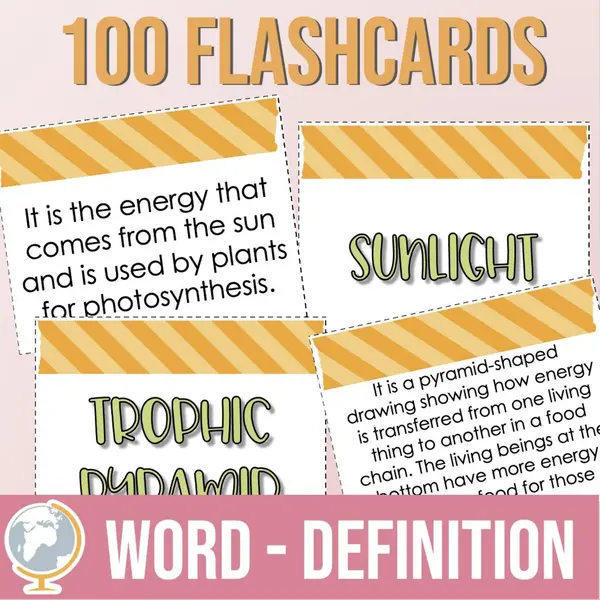
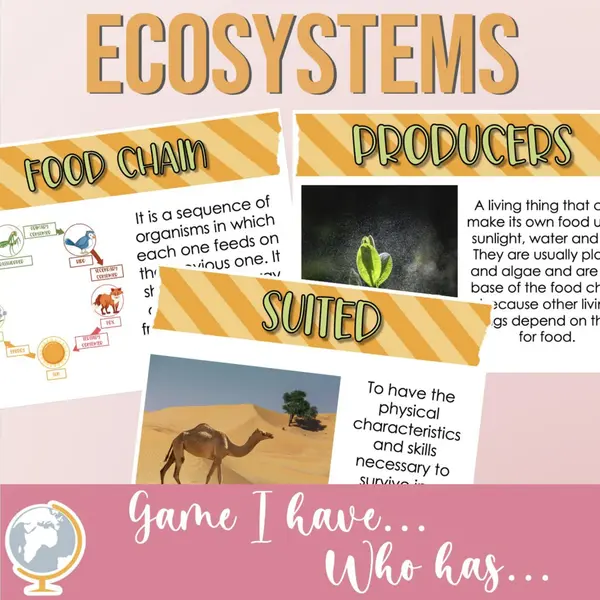
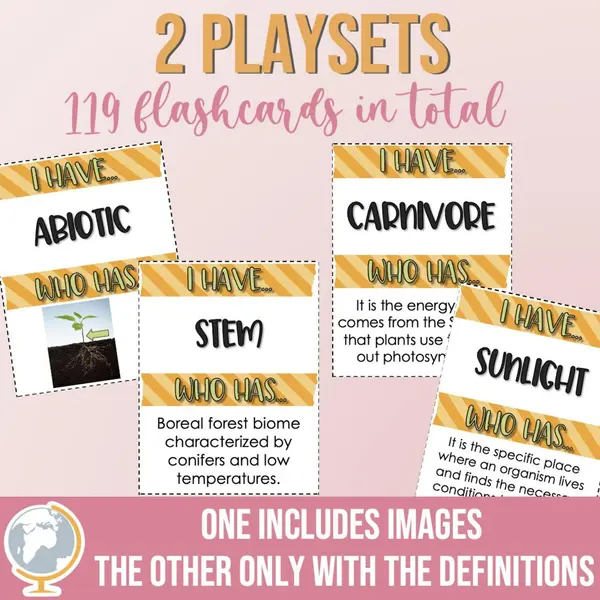
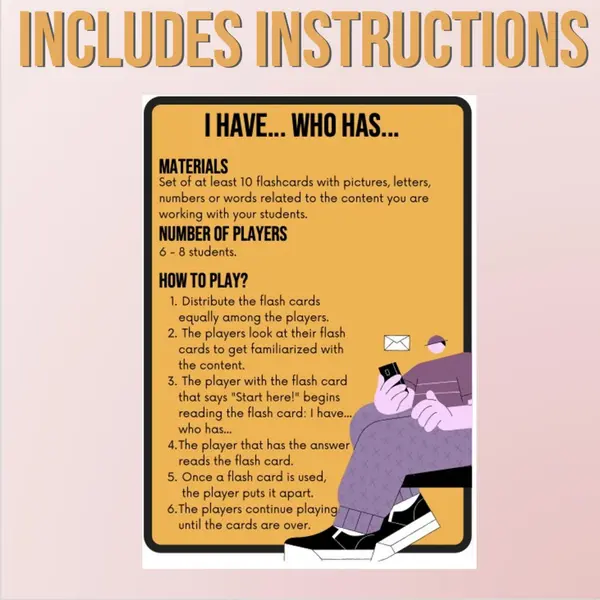
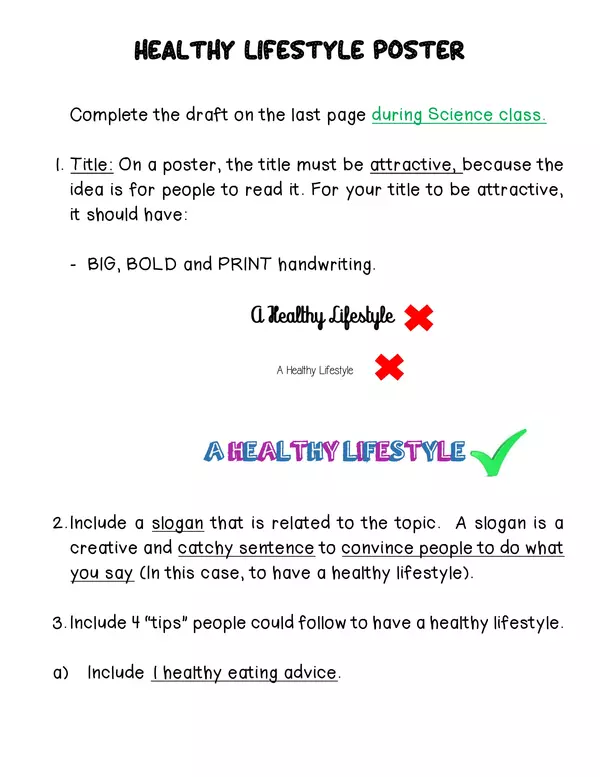
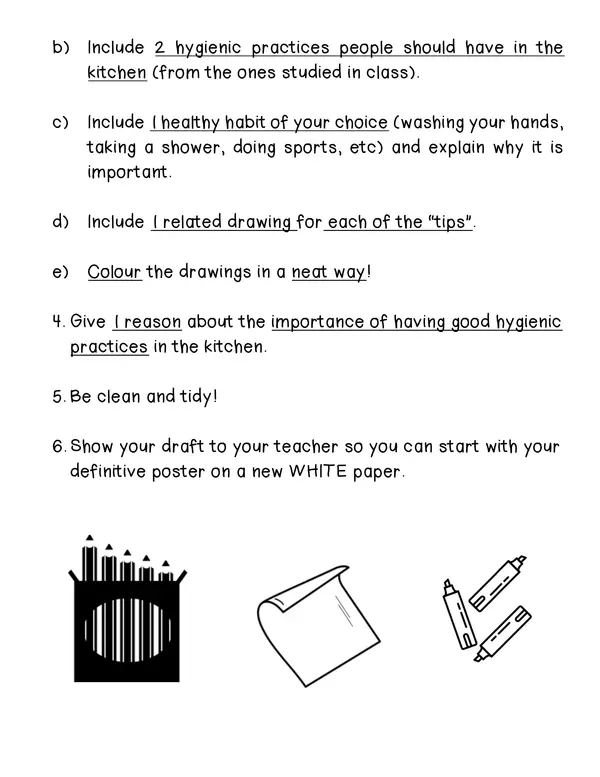
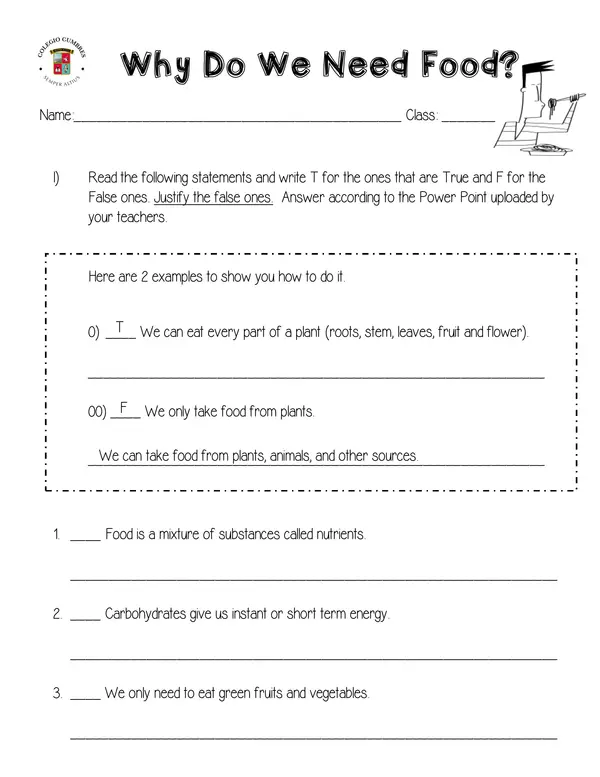
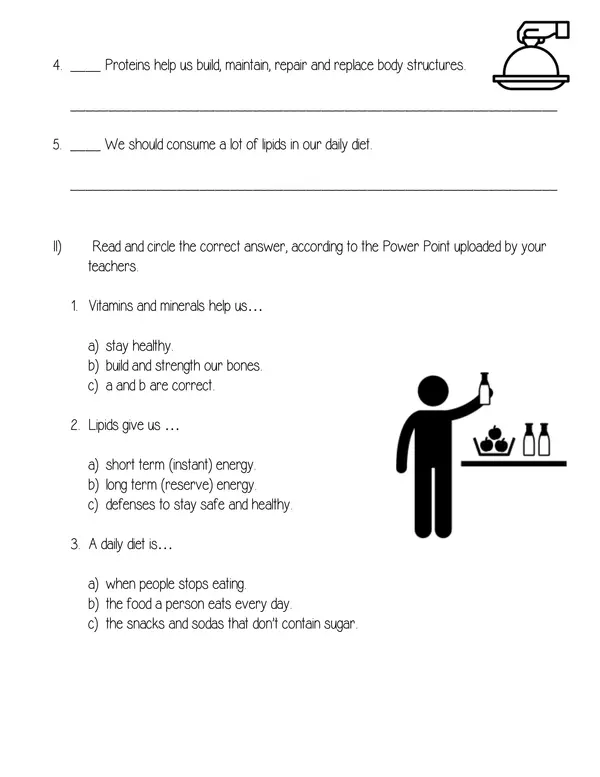
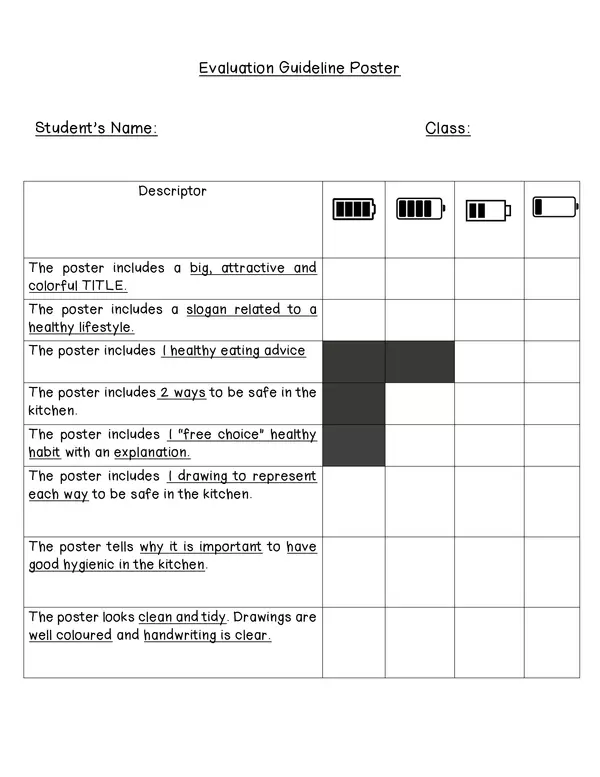
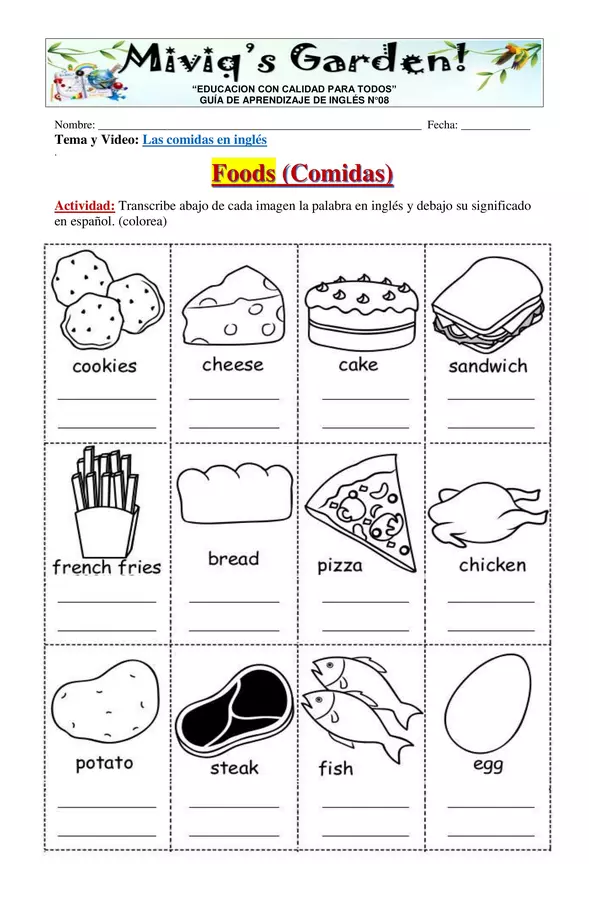

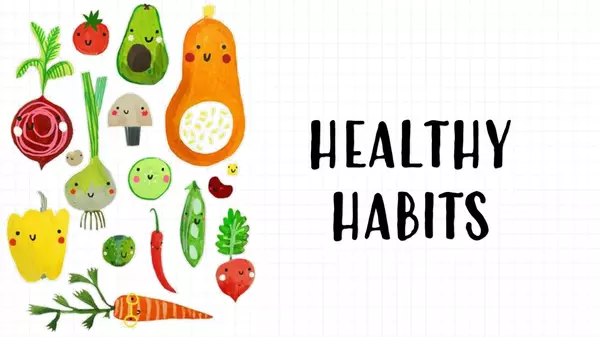
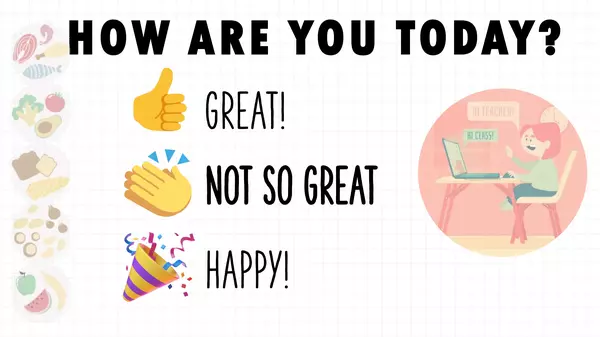
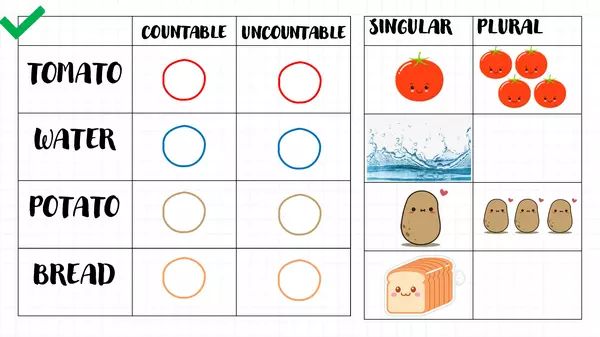
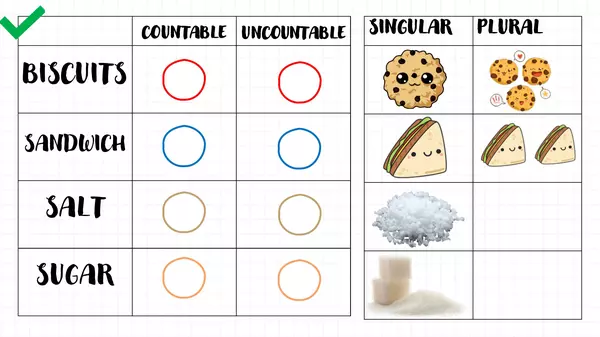
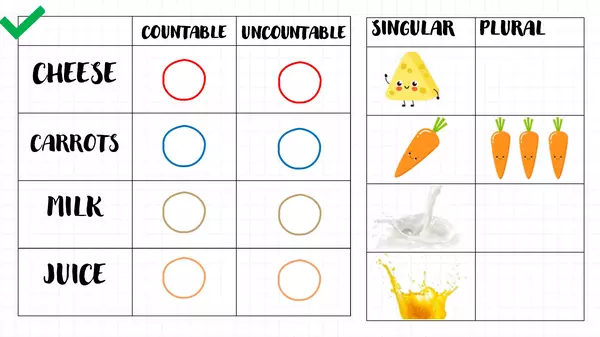

Thanks